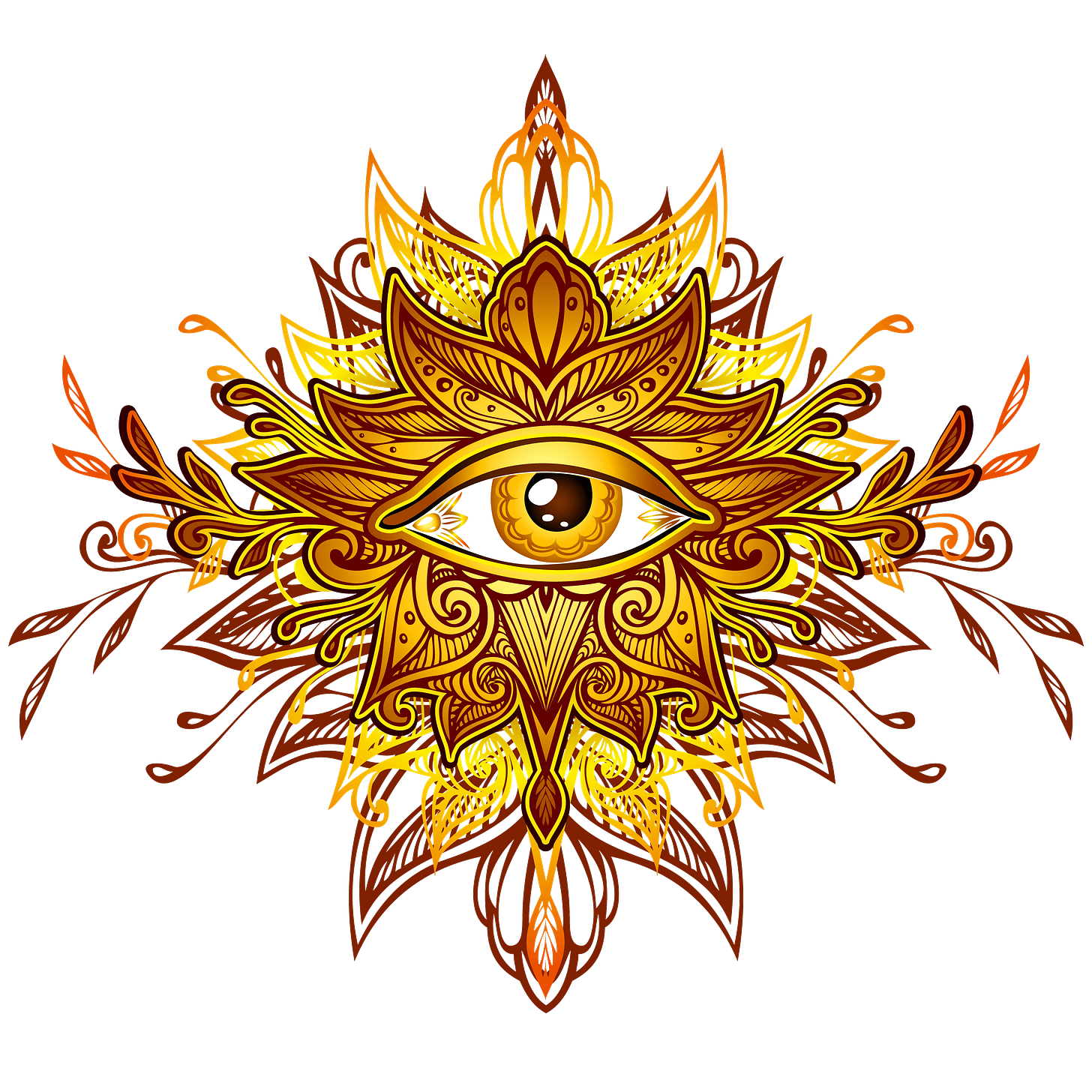The Power of Scriptural Debate in Buddhist Practice
Unveiling True Wisdom Through Rigorous Discourse
To the Buddhas, the True Dharma, and the Noble Sangha, the Three Jewels,
I take refuge from now until enlightenment forever.
With the merits accumulated through generosity and other practices,
For the benefit of all sentient beings, I aspire to attain great awakening.
🌿Quotation:
“We should set a goal for ourselves to become true practitioners, a goal that can be achieved within this lifetime.”
Main Text:
Why Is Scriptural Debate Required from India to Tibet?
Scriptural debate is not like a modern debate competition. It has strict requirements for the phrasing and content of arguments. If someone’s responses are incoherent or irrelevant, they are immediately dismissed.
Through the process of scriptural debate, one can discern the level of understanding and stability in their grasp of doctrinal principles, provided they have some level of realization. Most people, however, lack this foundational realization.
Interestingly, many participants in scriptural debates may consider themselves adherents of higher doctrinal schools. If they don’t encounter a true master of the higher doctrines, they may face no real challengers and thus proclaim themselves as such. In reality, their wisdom and insight might only align with a lower doctrinal school. This happens often because genuine adherents of higher doctrines are rare.
It’s akin to dividing a kindergarten class into categories like PhD, master’s, bachelor’s, or high school levels. Someone might claim to be a “PhD” in doctrine, but they are far from being a true scholar.
Master Bodhidharma emerged from the scriptural debate arena, with a vow to propagate the wisdom of Prajna (transcendent wisdom). In Zen koans, we sometimes see traces of debate-like exchanges, known as “sharp exchanges” or jifeng. However, these are not true scriptural debates, as debating requires a foundation in doctrinal teachings. Zen, therefore, is considered a “separate transmission outside the scriptures.” The term “separate” implies it is not universal, unlike a comprehensive system that applies broadly. Thus, Zen cannot be regarded as a complete system of Buddhist practice.
The phrase “a three-year-old calf fears no tiger” is not a compliment. It reflects ignorance, like a frog at the bottom of a well, overconfident due to limited experience. Such terms are not praise for courage. In worldly conflicts, where negative karma is created, one might “suffer a loss.” In spiritual practice, however, the concept of “loss” does not apply.
How could there be loss in practice? Everything is within one’s control. Whatever is lacking can be cultivated through effort. Loss is something imposed by external conditions, but the fruits of karma arise from one’s own actions. There is no “loss” in suffering consequences, nor in receiving teachings.
In something entirely within one’s control, there is no loss to bear. Such a task should be universally appealing. Strictly speaking, practice that is in accord with the Dharma is the path all beings should pursue. If someone dislikes practice, it must be due to not practicing correctly.
We should set a goal for ourselves to become true practitioners, a goal that can be achieved within this lifetime.
Auspicious and Wish-Fulfilling
🌿Learn about our lineage, please click:
Thank you for taking the time to read, and we warmly welcome your valuable opinions and insights!
Welcome to share and propagate the True Dharma.
May all sentient beings forever possess happiness and its causes.
May all sentient beings forever be free from suffering and its causes.
May all sentient beings forever enjoy the bliss free from suffering, bringing joy to my heart.
May all sentient beings abide in equanimity, far from greed and anger.
Origin|Guru Shakya
Theme|The Foundation of Buddhist Dharma







Today I got speaking with a man. We got into a deep topic of kharma and dharma. Without getting to far off topic relevant to the posting here, can I please ask a question I hope is simple to answer.
Is there a definition for, Dharma?
Context, we are now required to find our true Dharma.
Yes wisdom isn't meant to stay on the page. It’s meant to be lived, embodied, and practiced with intention.
Whether in personal growth or in my work especially in B2B healthI believe mastery begins when we stop merely learning and start living what we know. A worthy goal for this lifetime indeed.